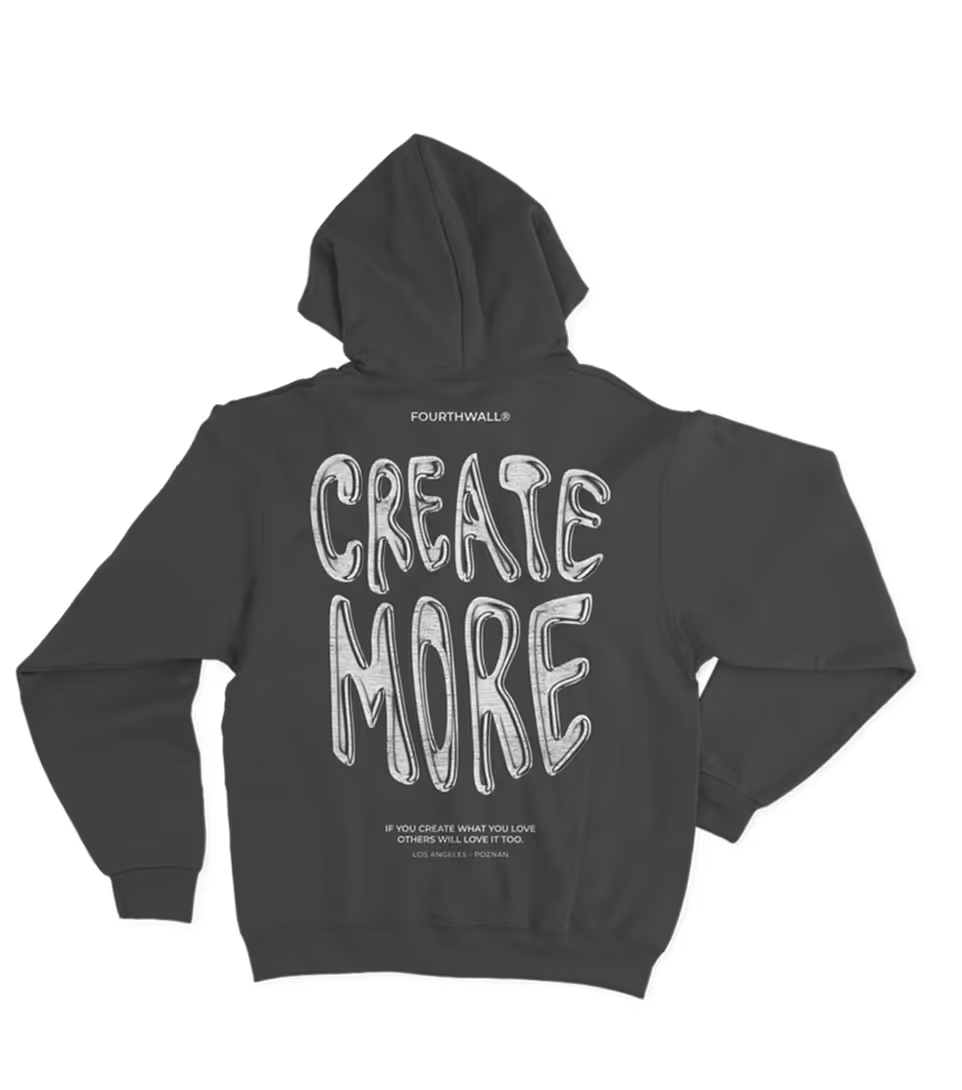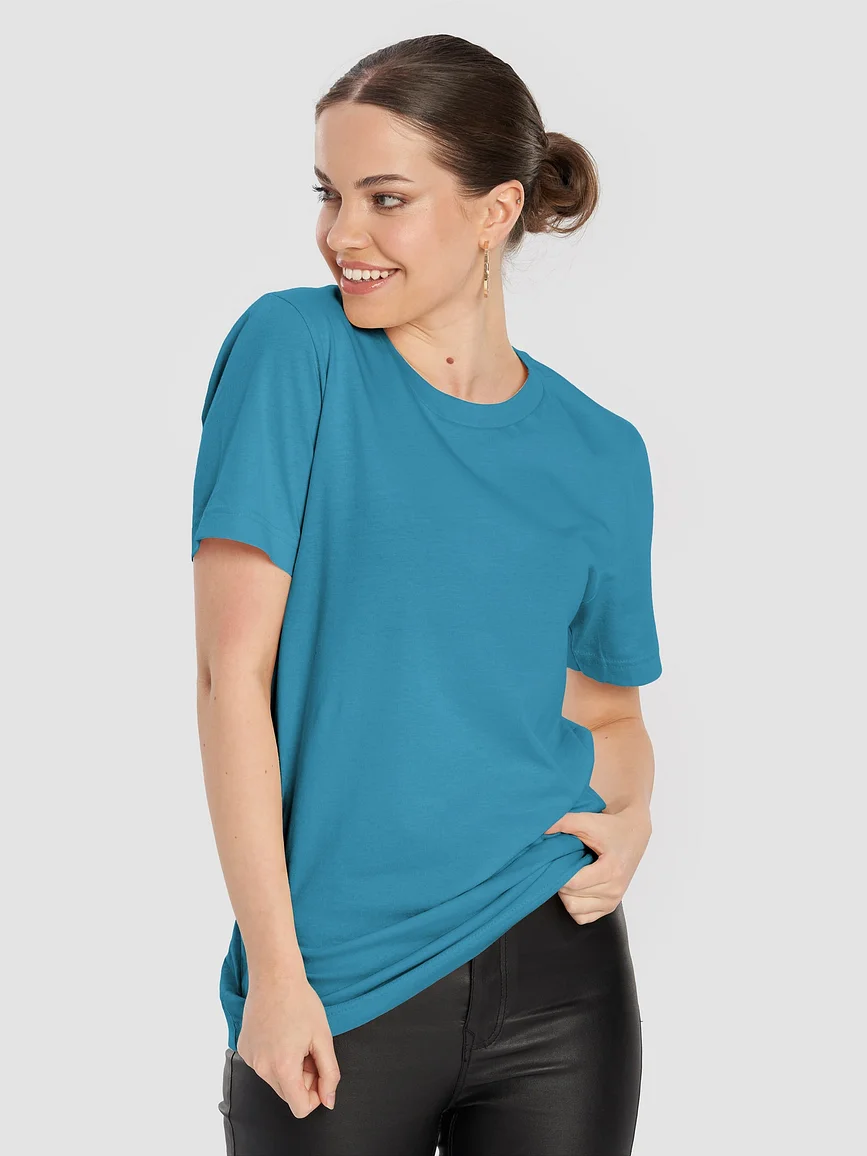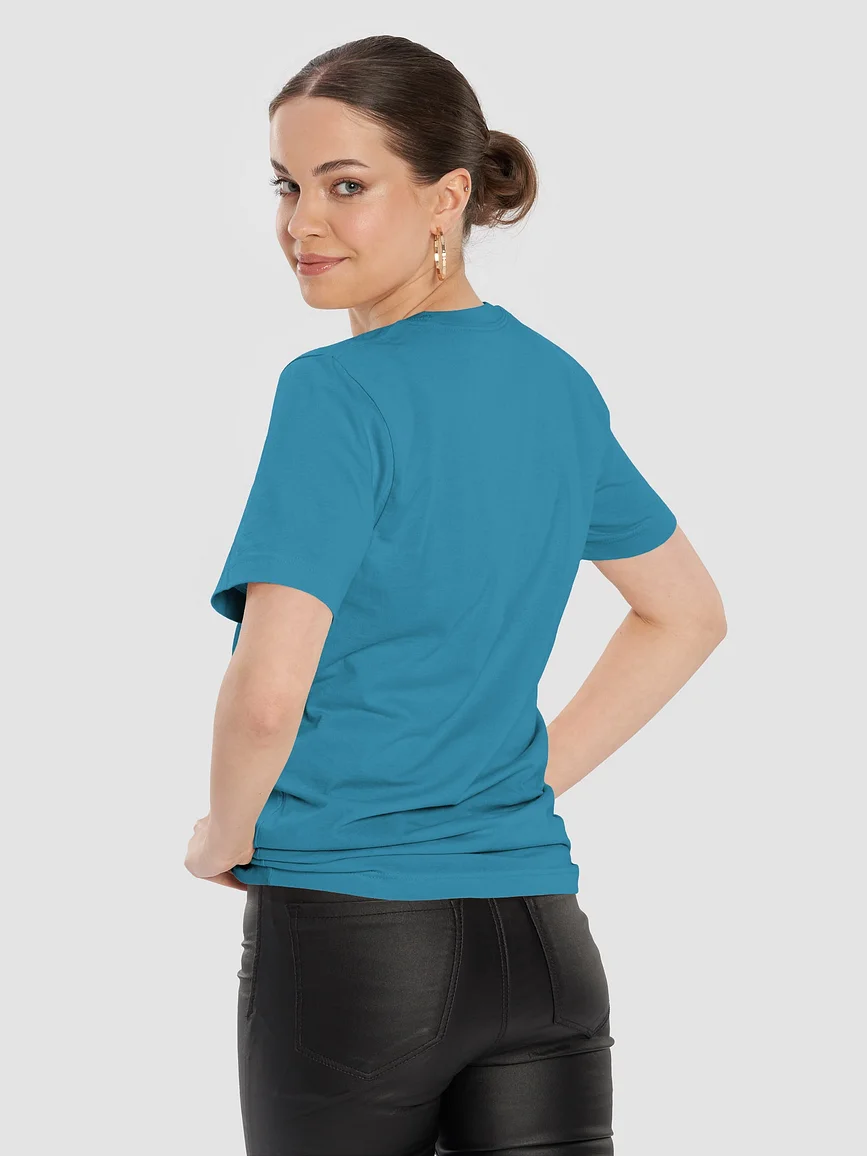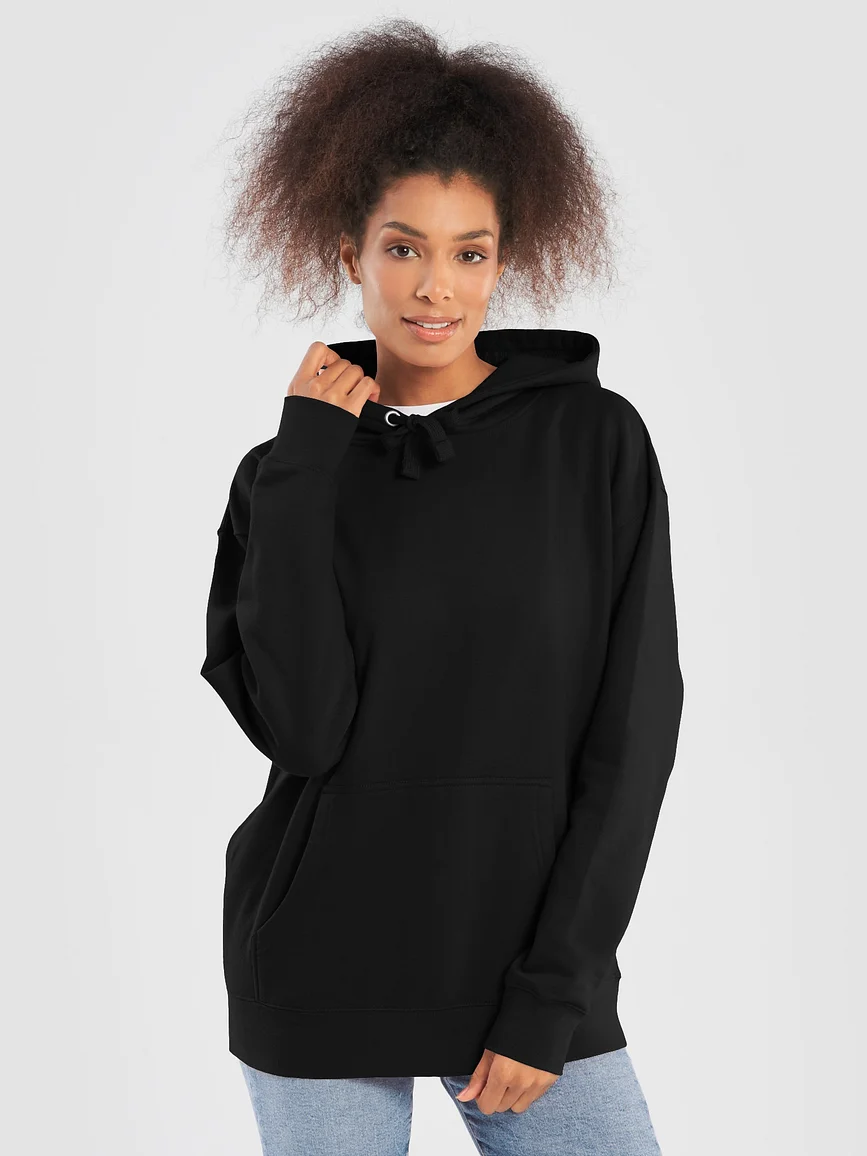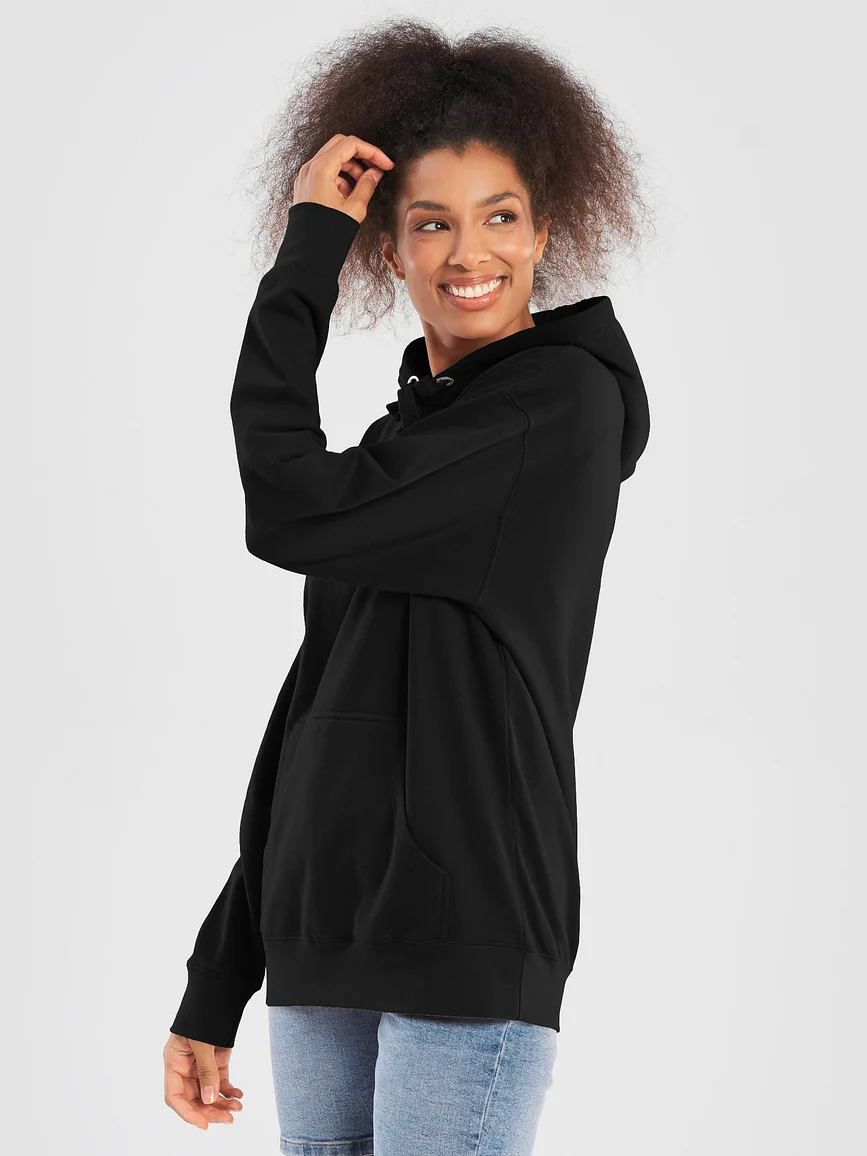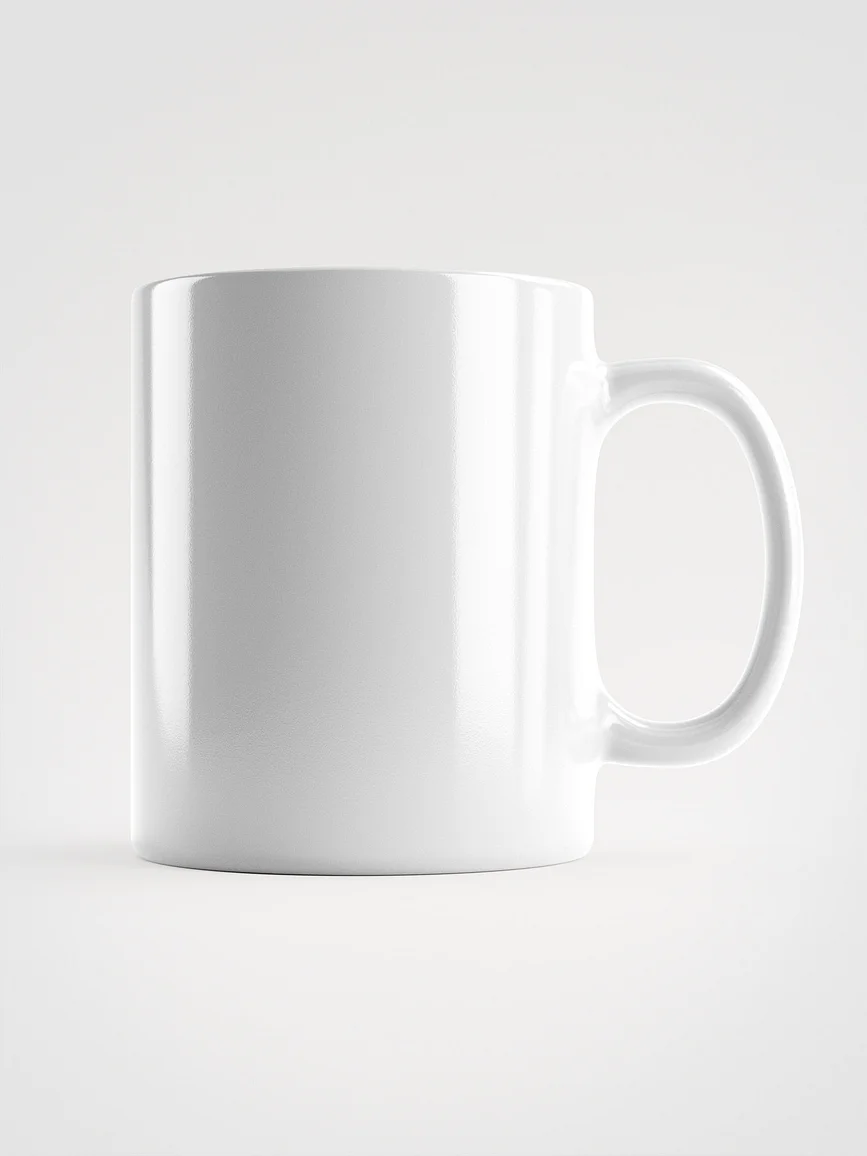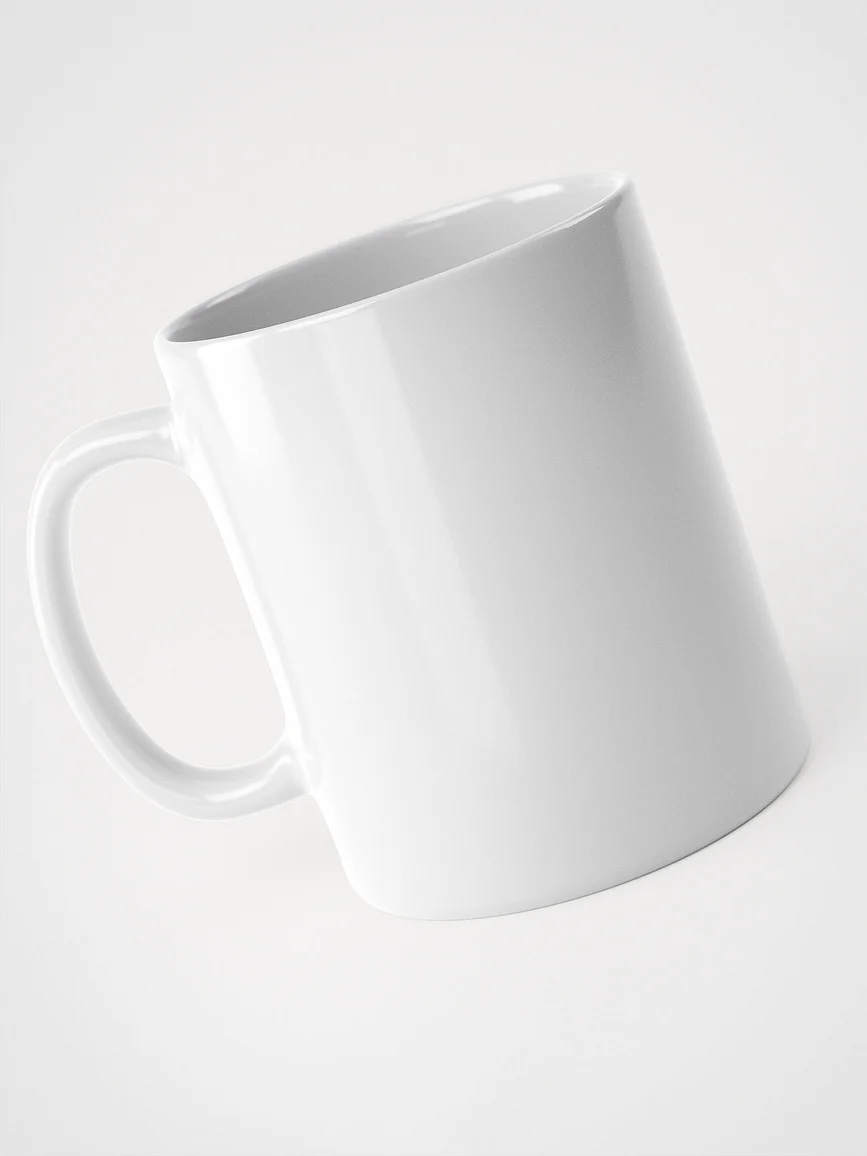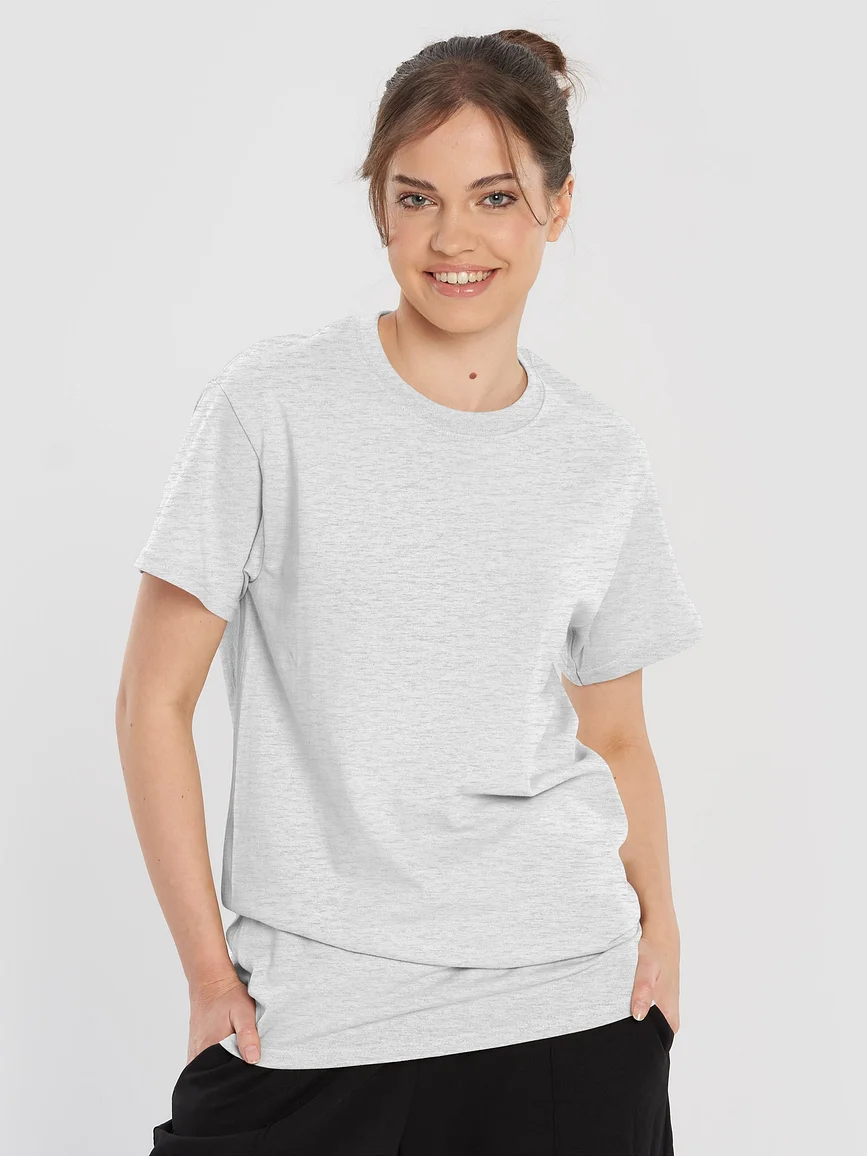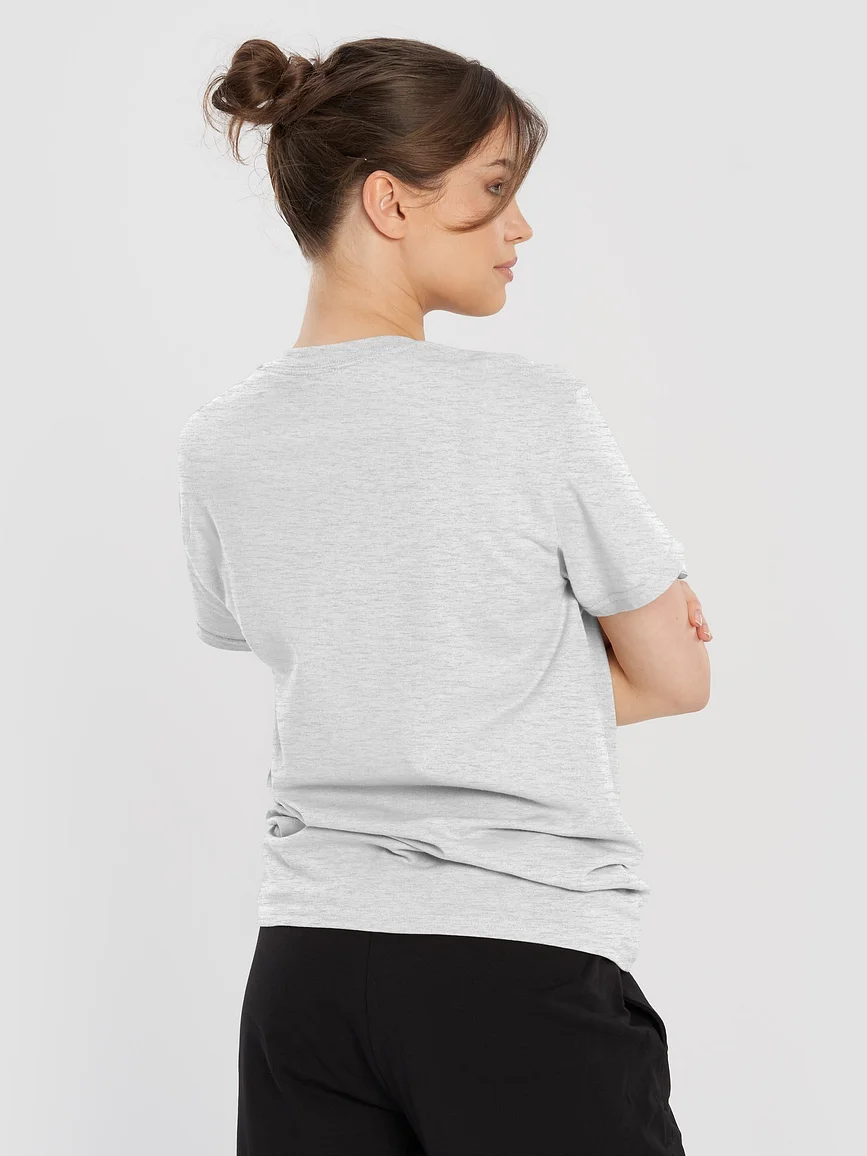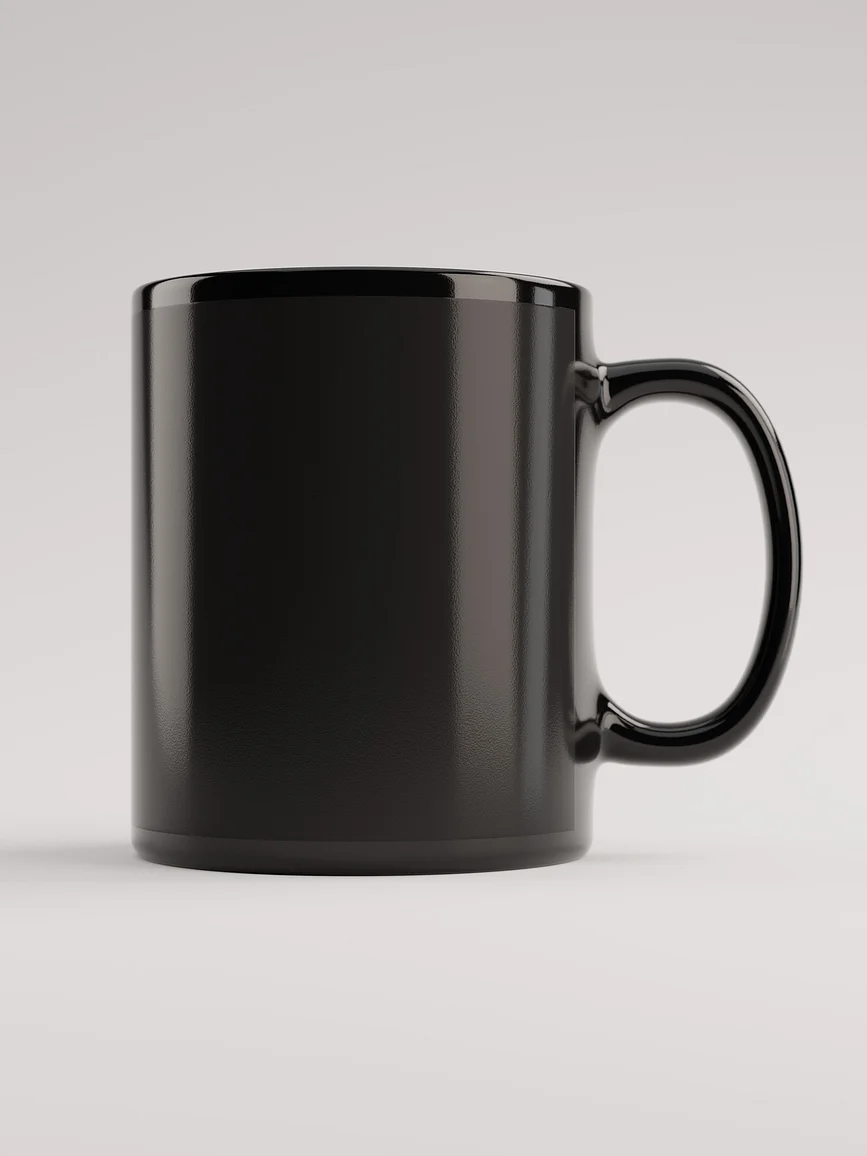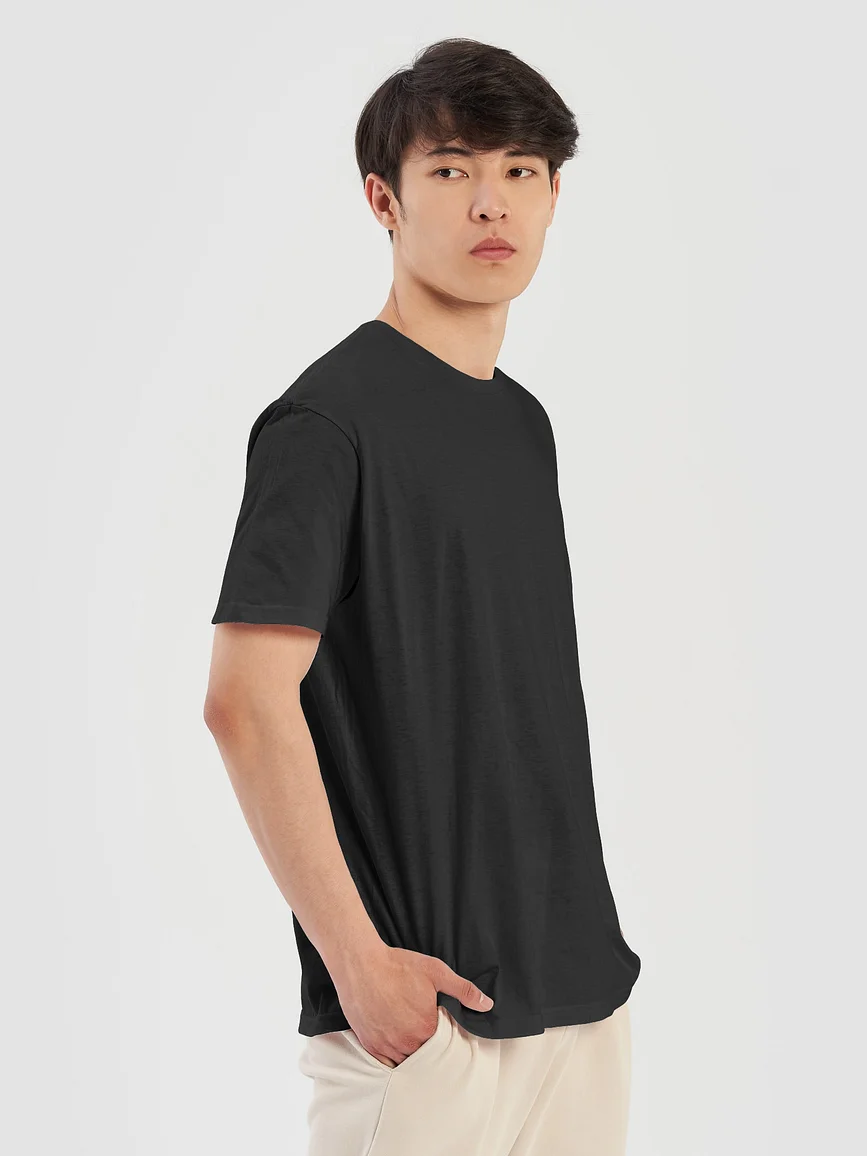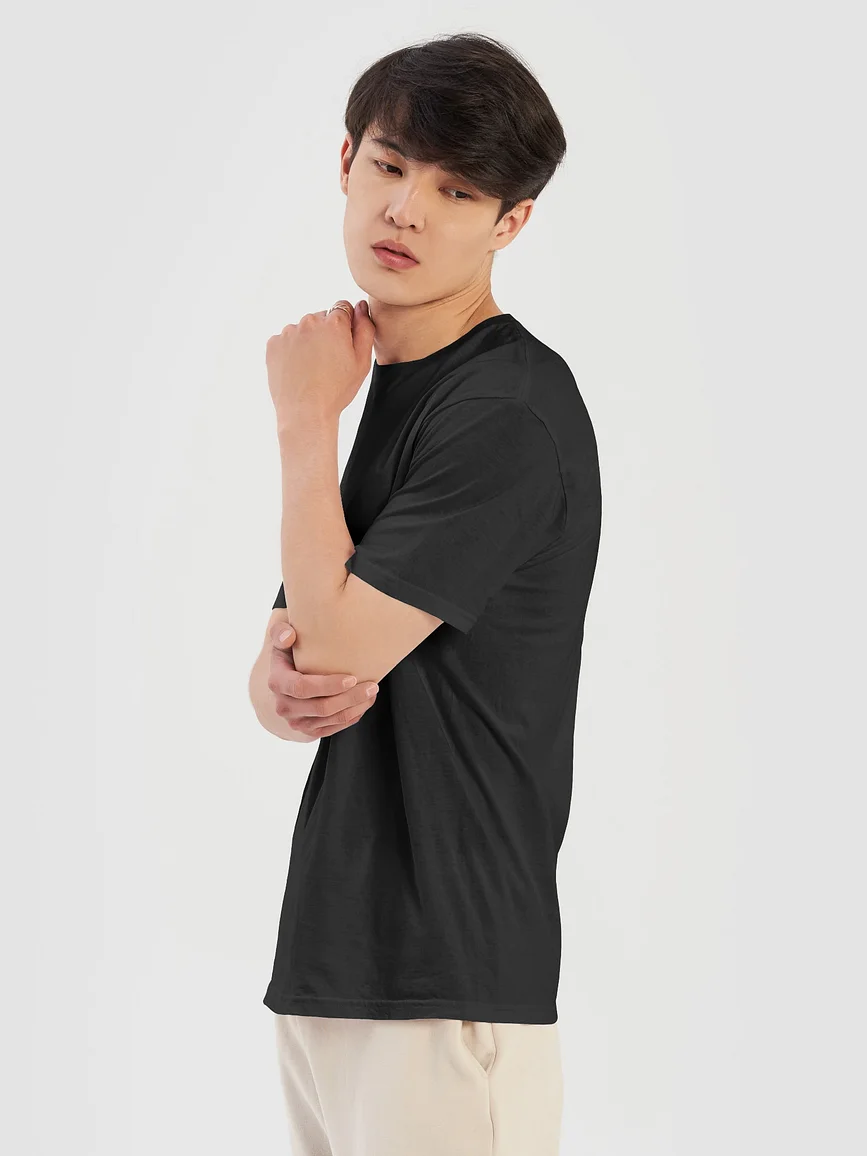Gelato Alternatives: 10 Excellent POD Platforms for 2025
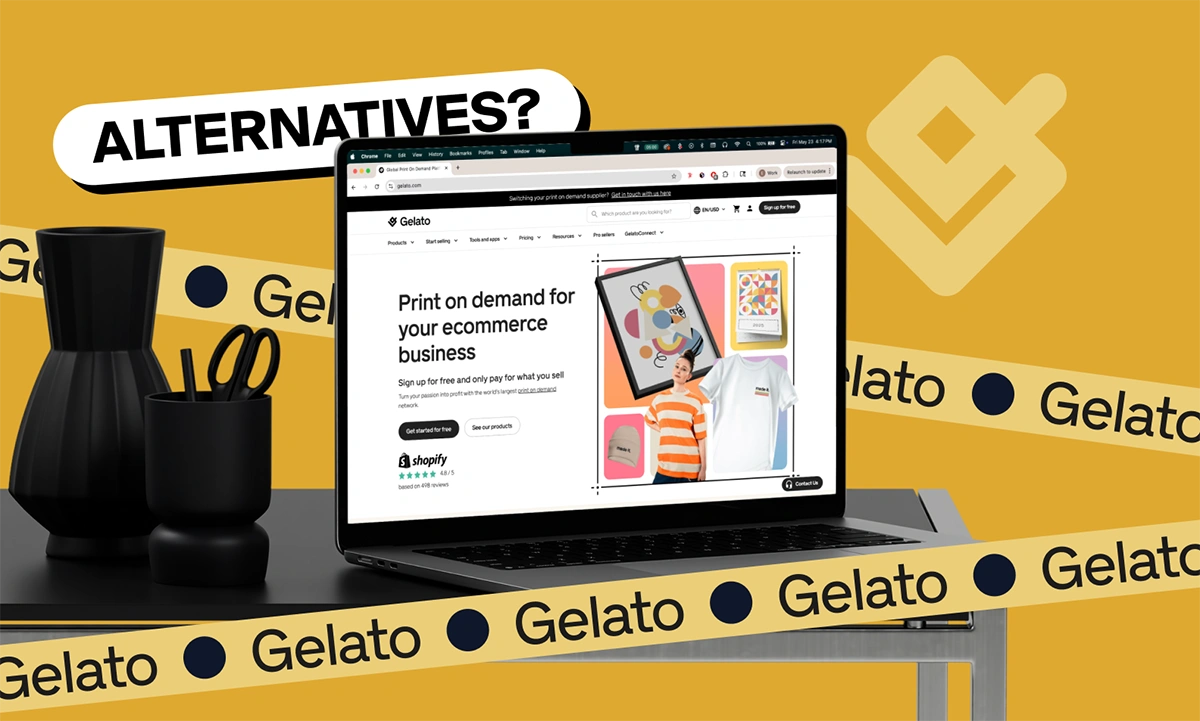
Gelato’s one of the few POD platforms that actually levels up every time you check back in.
It’s fast, it’s global, and it leans into sustainability without turning it into a buzzword.
But as powerful as Gelato is, it’s not always the perfect match for every creator or business.
Some sellers want more control over their branding, others need different printing methods, and many are looking for eCommerce platforms that let them fully own their online shop.
If that sounds like you, we have 10 Gelato alternatives that you might be interested in. Each with its own strengths depending on whether you’re building a creator brand, a corporate swag program, or a niche Etsy shop.
What Makes Gelato Stand Out?
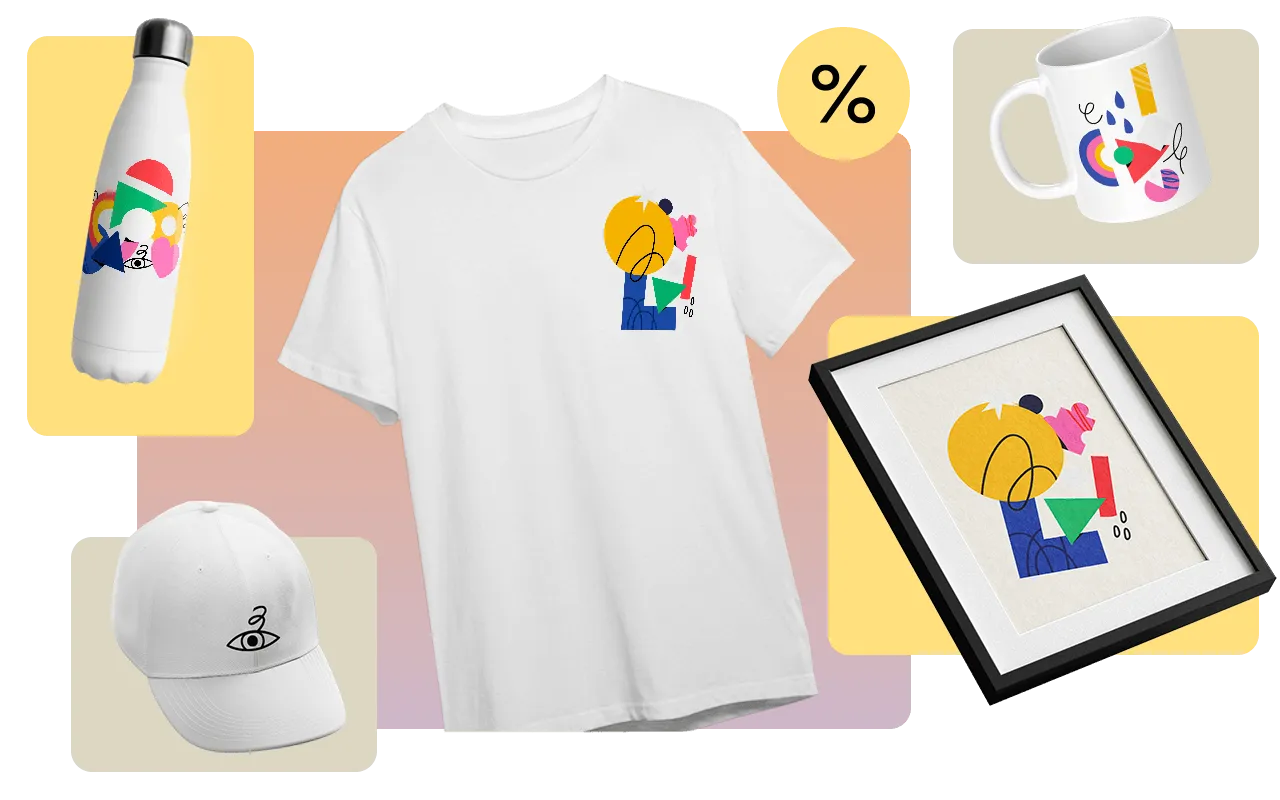
Gelato isn’t just another online printing service; it’s a platform with a clear vision: faster production, smarter order fulfillment, and a cleaner environmental footprint.
The company differentiates itself by using a wide catalog of third-party providers (140+ partners across 30+ countries), routing every order to the closest facility for faster delivery, lower costs, and fewer carbon emissions.
This approach makes Gelato especially attractive for online businesses in Europe and global sellers who want reliable delivery without customs delays.
Although its product catalog isn’t the largest in the POD space, its focus on high-quality prints across clothing, hoodies, accessories, and wall art makes it a favorite for sellers who prioritize quality over sheer volume.
However, where Gelato really shines is its software ecosystem.
The platform combines an intuitive interface with serious professional features, giving merchants the ability to scale with confidence.
And unlike some of its competitors, Gelato consistently invests in new design tools and sales features, helping merchants grow beyond the basics of uploading artwork and shipping products.
Together, these qualities make Gelato more than just a fulfillment partner; they position it as a growth-focused platform built to support both small Etsy shops and scaling eCommerce businesses.
Below are some more standout features and tools that highlight why Gelato continues to be a go-to choice for sellers worldwide.
Design Power
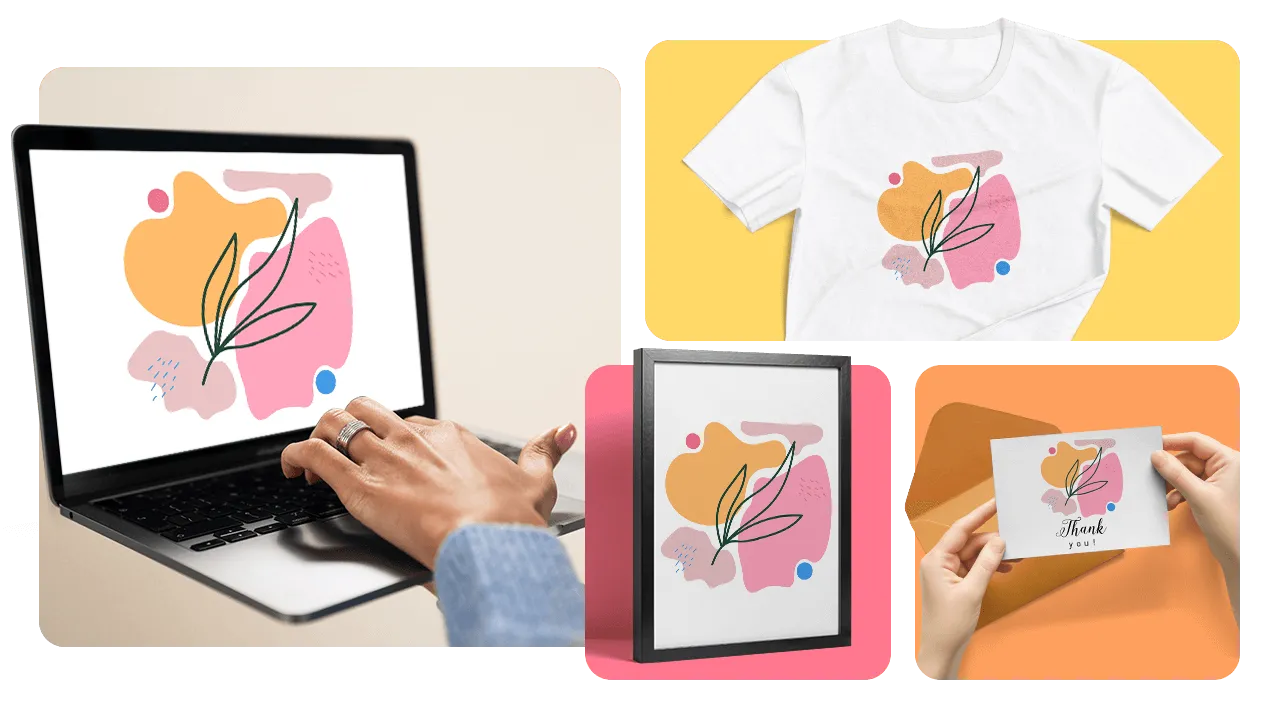
The Gelato Design Studio gives sellers access to templates, fonts, and millions of Shutterstock images to create standout listings.
You can preview designs on multiple product types and rely on built-in image quality checks to avoid low-resolution uploads. These design tools make it easier to polish your brand without hiring a designer.
Automation & Integrations
Gelato connects seamlessly with top eCommerce platforms, including Shopify, Etsy, WooCommerce, Amazon, Squarespace, Wix, and even TikTok (in select regions).
These integrations make it easy to sync orders, display live shipping rates, and streamline order fulfillment. For larger ecommerce businesses or tech-savvy brands, Gelato also offers a secure API, giving you total flexibility.
Global Speed

With a worldwide network of providers and facilities, Gelato minimizes shipping times and costs.
Standard shipping usually arrives in 3–5 business days, while expedited options deliver in as little as 1–2 days in some regions.
Pre-configured shipping profiles allow sellers to balance competitive pricing with faster delivery.
Sustainability Built In
Eco-conscious selling isn’t optional anymore; it’s expected. Gelato reduces emissions from long-haul printing services by using local production.
Many products use eco-certified inks and materials, aligning with consumer demand for greener, customizable products.
Personalization Studio
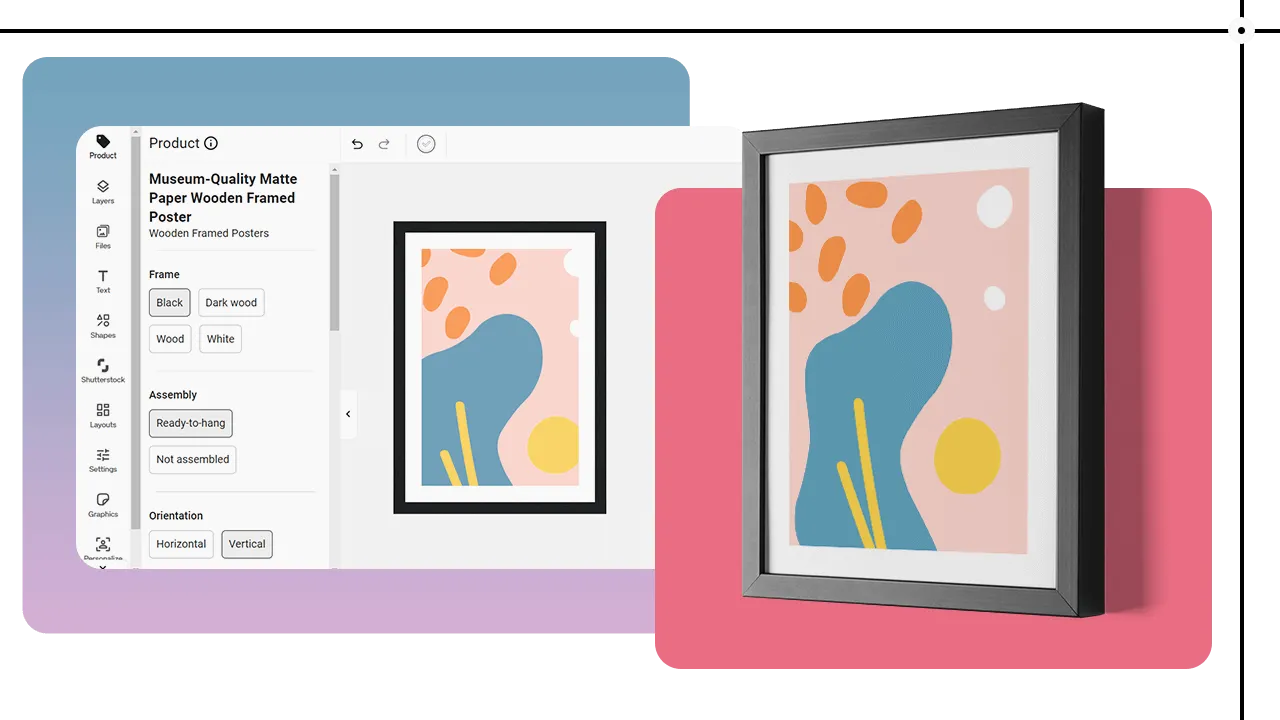
A standout feature, the Personalization Studio allows your customers to customize their own products by adding names, photos, or text to items like clothing, hoodies, and wall art.
This hands-off system integrates directly with your online store or Etsy store, automatically sending custom orders to production without extra work from you.
Consistent Quality
Gelato partners only with trusted printing services and manufacturers, ensuring every item, from posters to apparel, meets consistently high standards.
Sellers often highlight Gelato's strength in wall art and paper-based products, which offer premium materials and high-quality prints.
Advanced Tools
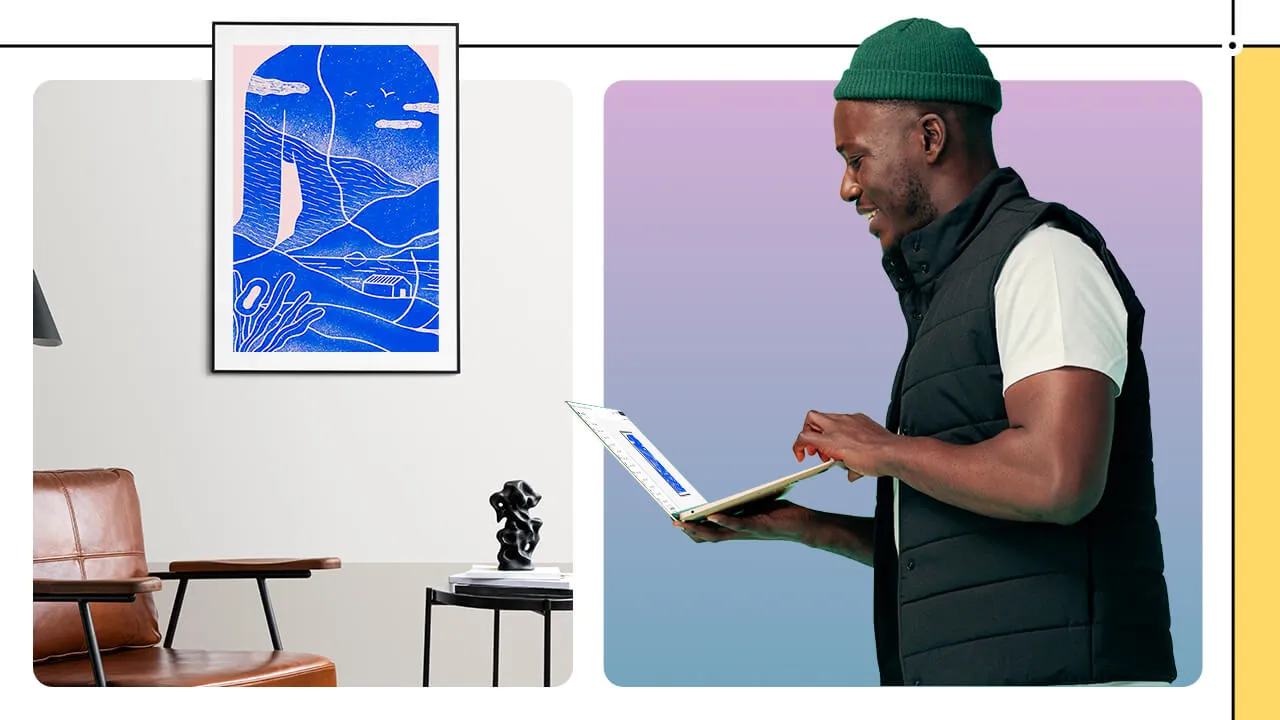
Beyond the basics, Gelato continues to expand with CreateAI-style features like automatic mockup generation, one-click product launches, and store migration tools.
These extras help both beginners and scaling sellers run smoother online businesses and spend less time managing operations.
Pricing

Gelato keeps its pricing flexible, making it accessible whether you’re just starting an Etsy store, running a growing Shopify store, or managing multiple eCommerce businesses at scale.
The platform offers a free entry point with pay-as-you-go printing services, along with tiered plans that unlock deeper discounts, branding upgrades, and advanced sales tools.
- Free – $0/forever: Connect up to 2 stores, access core products, and pay only per item + shipping.
- Gelato+ – $25/month or $249/year: Up to 10 stores, 20% product discounts, premium mockups, and branded labels.
- Gold – $129/month or $1,285/year: Up to 25 stores, 25% discounts, 30% off branding, and advanced pricing tools.
- Platinum – Custom pricing: Dedicated account managers, bespoke discounts, and enterprise-level scaling.
Overall, Gelato is a strong option for creators, established brands, and even agencies looking for a POD platform that balances quality, scalability, and sustainability.
Why You Might Want To Look For A Gelato Alternative?
When it comes to print-on-demand, Gelato has plenty going for it in terms of speed and innovation.
However, it’s not a one-size-fits-all solution for those looking for wider product selection, better branding control, or more flexible integrations to scale their business.
For some sellers, its limitations can be dealbreakers depending on what you’re trying to build or how your eCommerce business is set up.
Here are some areas where Gelato falls short:
Catalog + Printing Methods
Gelato’s product catalog sits at just over 250 customizable products, which is significantly smaller than platforms like Printify (1,300+) or Printful (600+).
While its lineup covers staples like clothing, hoodies, wall art, and accessories, you won’t find much in the way of niche products like shoes, jewelry, candles, or supplements.
On top of that, Gelato supports DTG and embroidery, but it lacks the wider variety of printing methods (like screen printing, sublimation at scale, or specialty finishes) that some competitors offer.
For sellers looking to experiment with more unique products or premium print techniques, this narrower range can feel restrictive.
Control Over Production
Gelato relies on dynamic routing, automatically assigning orders to the closest or most cost-effective provider.
While this supports faster delivery and lower emissions, it also means you don’t always know which facility is producing your products.
Some merchants prefer platforms that let them choose specific providers for consistency, or that offer deeper branding and packaging customization right out of the box.
If building a fully branded experience is a top priority, Gelato’s limited packaging options may not go far enough.
Integrations + Sales Channels
Gelato integrates well with major platforms like Shopify, Etsy, WooCommerce, Wix, Squarespace, and even Amazon.
However, if your sales strategy relies heavily on newer channels like TikTok Shop or if you require highly specialized integrations for marketing and analytics, other eCommerce platforms may be a better fit for your stack.
Pricing + Margins
Gelato recently cut many of its base costs, making its pricing more competitive than it used to be.
However, depending on your order volume, you may find subscription perks or volume discounts on platforms like Printify Premium or Printful Growth to deliver better long-term margins.
For high-volume sellers or agencies managing multiple online stores, those savings can add up quickly.
At the end of the day, Gelato is a strong choice for creators and brands that want reliable fulfillment, eco-conscious practices, and consistently polished results.
That being said, if your shop relies on a broader mix of products, more custom packaging options, or a wider range of sales channel connections, you may be better served by exploring other platforms that offer greater flexibility as your business grows.
Overall Thoughts
Gelato feels like a platform built for people who don’t just want to sell merch, but want it to arrive quickly, look professional, and not trash the planet in the process.
By tapping into local production partners around the world, you can make shipping smoother and give your customers peace of mind that their orders won’t be delayed for weeks.
Its design tools are simple to use, but powerful enough that you don’t need to outsource creative work just to make a product look polished.
The trade-off is that you’re working within a smaller catalog, and you don’t always get full say over where or how things are produced.
If you’re the type who wants absolute control over every detail, from packaging to print methods, you may feel boxed in. Luckily, there are other POD platform alternatives that might just tailor perfectly to your needs.
10 Alternative Platforms to Gelato for Print-on-Demand
1. Fourthwall
.webp)
Fourthwall isn't just your typical print-on-demand service; it's a comprehensive all-in-one platform that gives creators the tools to design, market, and grow their brand under one roof.
You’ll find professional-grade printing options like direct-to-garment, sublimation, embroidery, and screen printing, plus a catalog of 360+ products spanning apparel, drinkware, accessories, home goods, pet gear, and more.
On top of that, Fourthwall equips you with a no-code storefront builder, automated email tools, and direct sales integrations with YouTube, TikTok Shop, Instagram, and Twitch so you can reach fans where they’re already engaging.
Where Gelato focuses heavily on fulfillment, Fourthwall is creator-first, offering not just products, but also fan tipping, memberships, and digital downloads in the same shop.
And with Fourthwall Pro, you unlock perks like 0% fees on digital products, a free .store domain, $10 in monthly sample credit, unlimited team members, and advanced analytics. Which is perfect if you're looking to scale beyond a starter shop.
💰 Pricing
- Free Plan: $0/month – No platform fee on physical products, 5% fee on memberships/digital sales.
- Pro Plan: $19/month or $180 annually – 0% fee on digital sales, free .store domain, $10 monthly sample credit, unlimited team members, advanced analytics.
✅ Pros
- Multiple print methods: DTG, sublimation, embroidery, and screen printing
- Huge catalog of 360+ customizable products
- Includes memberships, fan tipping, and digital downloads
- Clean, no-code storefront builder with full creative control
- 3D mockups for polished product visuals
- Native integrations with YouTube, TikTok Shop, Instagram, and Twitch
- Global fulfillment across the US, UK, EU, and Australia
❌ Cons
- No built-in marketplace for organic traffic
- Doesn’t offer specialty print methods like laser engraving or debossing
- It's more tailored for creators than for corporate swag or gifting programs
2. Gooten
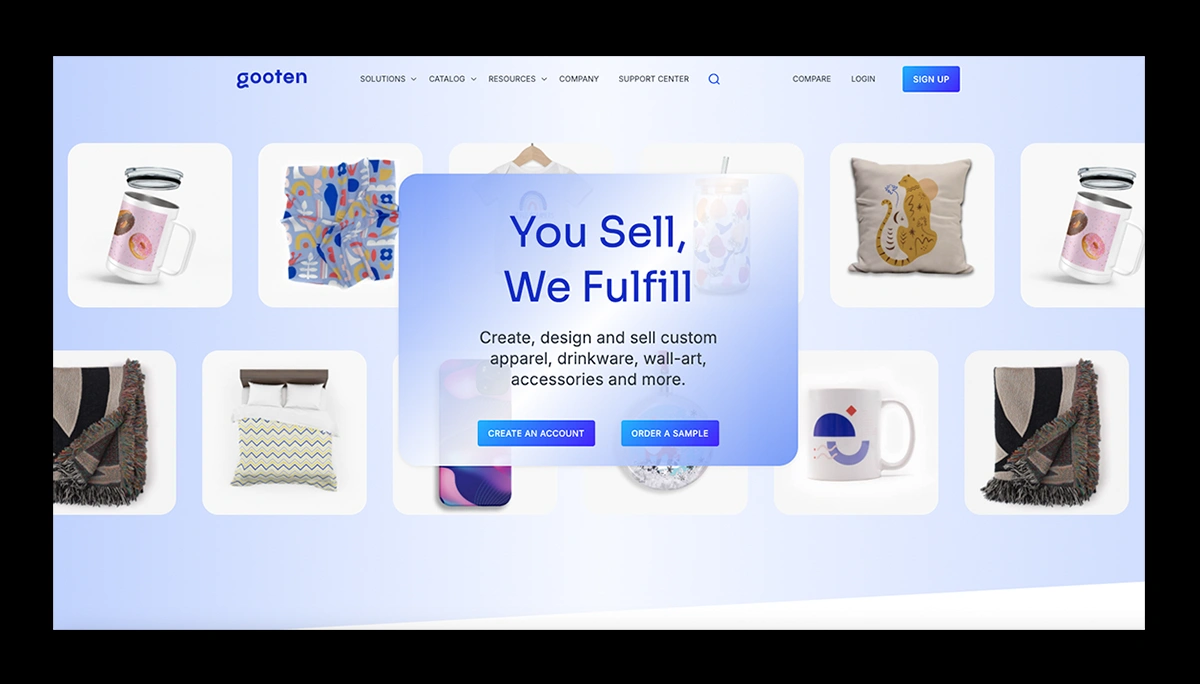
Think of Gooten less like a printer and more like your behind-the-scenes logistics partner.
Instead of running production in-house, it taps into a global network of manufacturers and automatically routes every order to the partner best suited for speed, location, and quality.
This setup reduces delays, keeps shipping costs competitive, and helps sellers scale without managing multiple vendors themselves.
With 150+ customizable products, smart automation tools, and integrations with Shopify, Etsy, WooCommerce, BigCommerce, and APIs, Gooten is built for brands that see print-on-demand as a real business, not just a side hustle.
💰 Pricing
- Free to Use: $0/month – pay only per product + shipping.
- VIM Program: Volume discounts at Silver, Gold, and Platinum levels.
✅ Pros
- Competitive base pricing helps protect profit margins
- Dynamic order routing ensures faster delivery and fewer errors
- Automation makes fulfillment nearly hands-off
- Supports multiple eCommerce integrations (Shopify, Etsy, WooCommerce, BigCommerce, APIs)
- Strong product variety across apparel, wall art, home goods, and accessories
❌ Cons
- The dashboard has a learning curve, making it less beginner-friendly
- Branding options are limited to packing slips
- Mockup tools feel basic compared to platforms like Printful
- Customer support can be slower during peak seasons
3. Printify
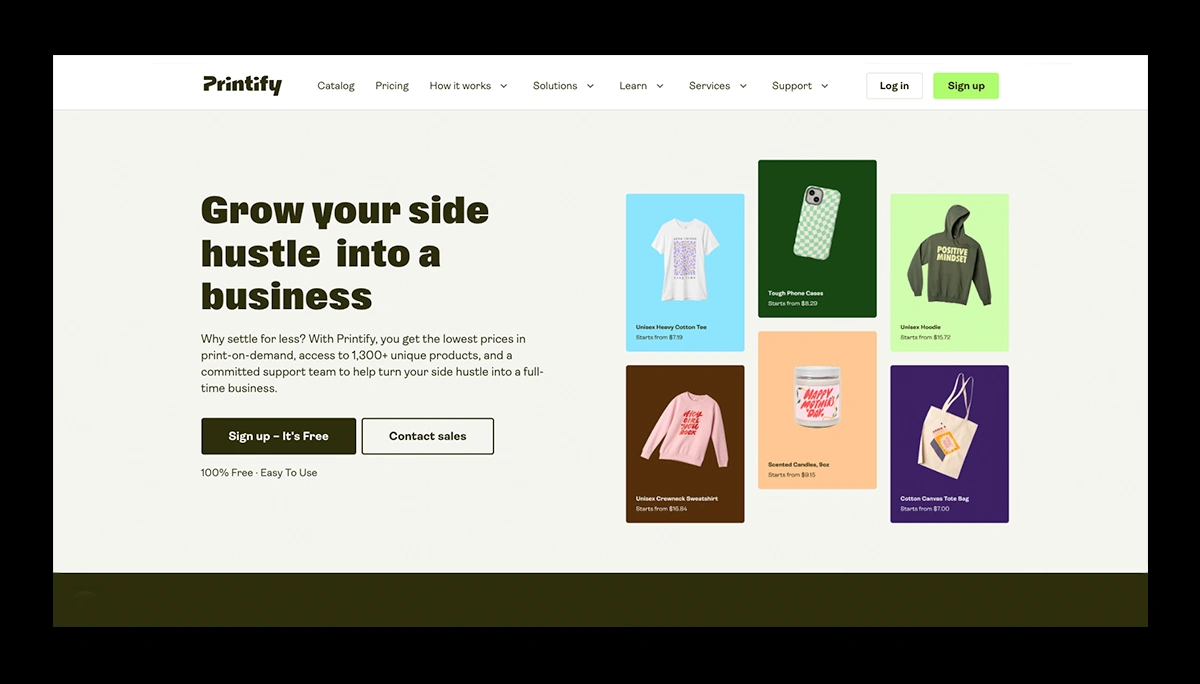
Looking for a POD platform with endless options? Printify is the place where variety meets flexibility.
With over 1,300 products and 80+ global print providers, it’s one of the largest catalogs in the industry. It covers everything, from staple tees and mugs to more unique items like supplements, candles, and pet gear.
But what really sets Printify apart is choice: you decide which print partner fits your priorities, whether that’s low cost, fast delivery, or higher-quality production.
Add in integrations with Shopify, Etsy, TikTok Shop, Amazon, WooCommerce, and more, plus tools like its free Product Creator, AI-driven mockup generator, and Printify Choice (which auto-routes orders for reliability), and you’ve got a platform built for scale.
💰 Pricing
- Free Plan: $0/month – Access to 1,300+ products, up to 5 stores, unlimited designs, and integrations with major platforms.
- Premium: $29/month or $299/year – Enjoy up to 20% off product costs, manage up to 10 stores, and benefit from better pricing for higher-volume sellers.
- Enterprise: Custom pricing – Tailored for high-volume brands and agencies with bulk discounts, dedicated support, and service-level agreements.
✅ Pros
- Build your own Pop-Up Store for free
- Industry-leading catalog of 1,300+ customizable products
- Ability to choose print providers based on price, speed, or quality
- Global fulfillment network with 100+ locations for faster shipping
- Easy integrations with Shopify, Etsy, Amazon, TikTok Shop, WooCommerce, Wix, and Squarespace
- Beginner-friendly tools like the Product Creator, AI image generation, and mockup generator
❌ Cons
- Product quality depends heavily on the provider you select
- Limited branded packaging or customization options
- Support can lag during busy seasons, with no phone-based help
- Lacks its own marketplace, so you'll need to drive your own traffic
- Doesn’t offer digital products, memberships, or fan engagement tools
4. Zazzle
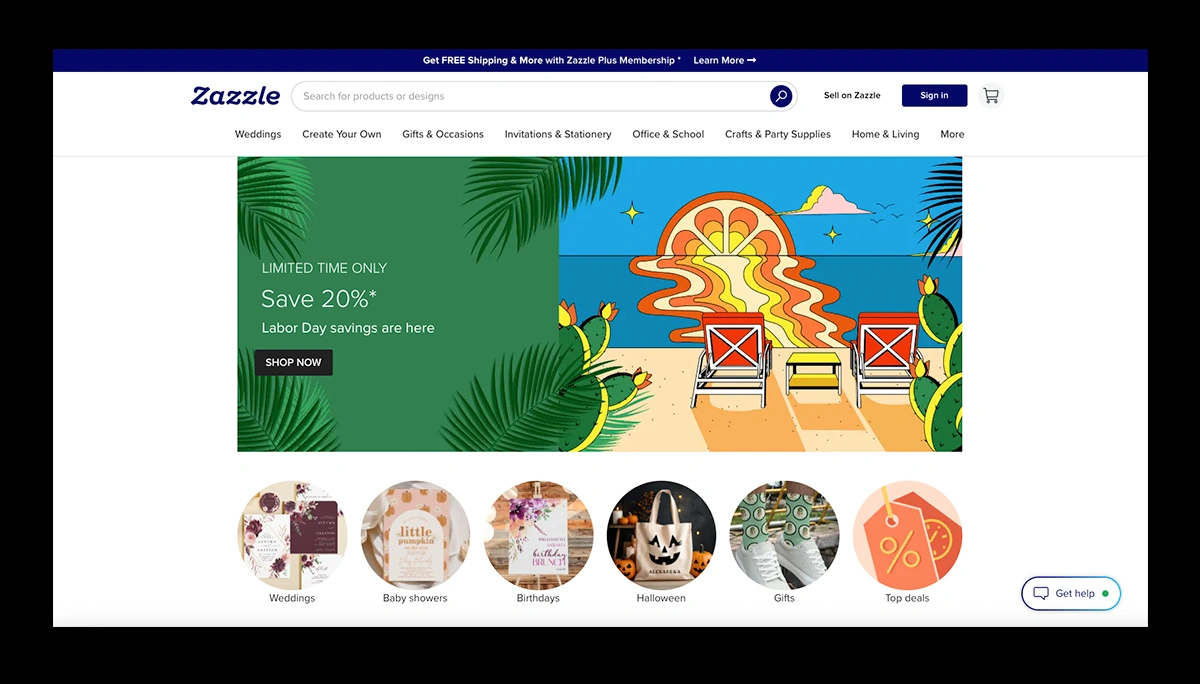
If Gelato is all about speed and scale, Zazzle is about creativity and personalization.
This platform has carved out a niche as the go-to for custom gifts, party essentials, and event-driven merch, from wedding invitations and holiday cards to quirky mugs and graphic tees.
What makes Zazzle stand out is its customer-facing design editor, which allows buyers to personalize products themselves, creating one-of-a-kind items without you needing to lift a finger.
With a catalog of 1,000+ products and a marketplace of over 30 million shoppers, Zazzle gives creators a chance to earn passive income by simply uploading designs and letting the built-in traffic do the heavy lifting.
On top of that, Zazzle even supports digital downloads like planners and invitations, giving sellers another revenue stream beyond physical merch.
💰 Pricing
- Free Plan: $0/month – No subscriptions or upfront costs. Earn royalties on every sale (default 5%, adjustable up to 99%). Payouts are handled automatically by Zazzle.
✅ Pros
- Free to join with zero upfront risk
- Huge marketplace with 30M+ customers
- 1,000+ product types spanning apparel, party supplies, stationery, and home décor
- Customer-facing editor lets buyers personalize products directly
- Supports digital downloads for passive income
- Fulfillment, shipping, and support handled by Zazzle
❌ Cons
- No control over branding (no custom domains, packaging, or storefront customization)
- Dashboard is outdated and lacks bulk upload features
- Limited analytics and seller insights
- A highly competitive marketplace where visibility is tough to maintain
- Margins are low (typical royalties 10–15%)
- Customer support is focused on buyers, not creators
5. Prodigi
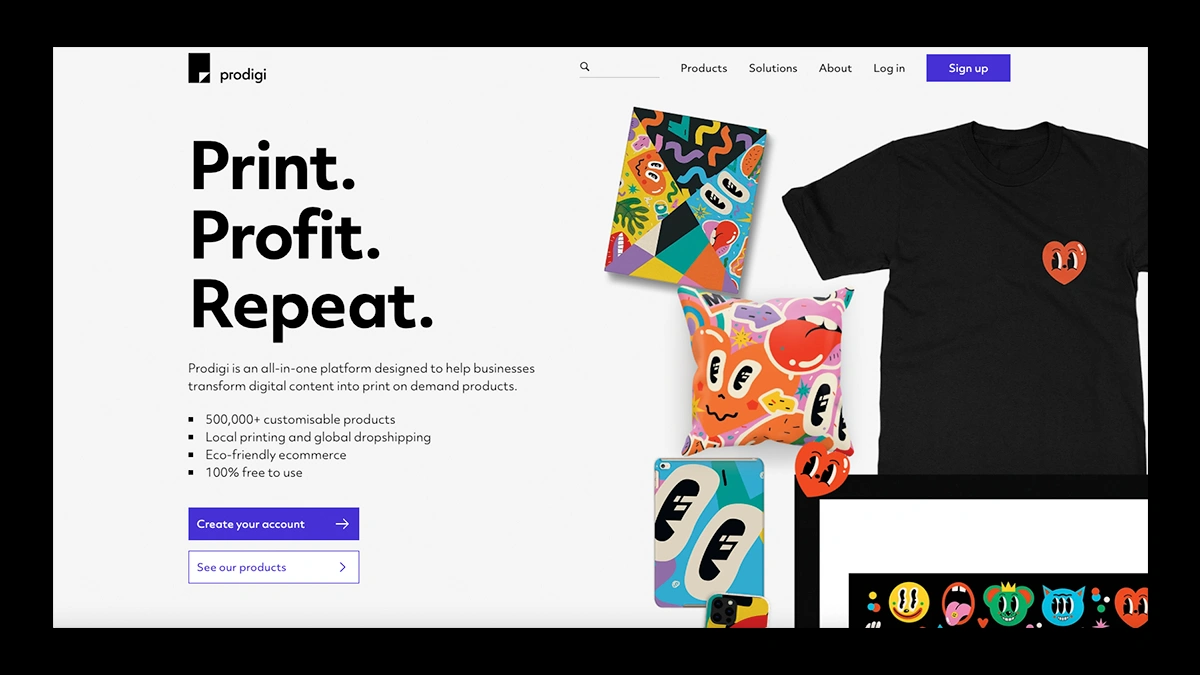
Prodigi takes print-on-demand to another level by focusing on quality, scale, and flexibility.
Built for artists, photographers, and retailers who want more than just T-shirts, Prodigi offers access to over 500,000 products, from fine art prints and framed posters to apparel, tech accessories, and home décor.
The platform is powered by a global print network of 70+ partners across 10+ countries, ensuring orders are produced close to your customers for faster delivery and lower shipping costs.
It also includes free tools like a mockup generator, white-label dropshipping, and integrations with Shopify, Etsy, WooCommerce, Wix, and Squarespace.
With eco-friendly materials, museum-grade fine art printing, and 24/7 support, Prodigi is designed for brands that want scale without sacrificing quality.
💰 Pricing
- Core Plan: $0/month – No setup fees or subscriptions; pay per product and shipping. Includes free mockups, branded packing slips, and a 50% discount on your first sample order.
- Pro Plan: $55/month ($47/month when paid annually) – 10 to 25% product discounts, 75% savings on packaging inserts, early access to features, dedicated account manager, and 24/7 priority support.
✅ Pros
- Massive catalog of 500,000+ custom products
- Multiple print methods, including DTG, embroidery, sublimation, debossing, laser engraving, and fine art printing
- Global print network with local fulfillment for faster delivery
- Eco-friendly materials and sustainable packaging
- Free mockup generator and white-label dropshipping
- Seamless integrations with Shopify, Etsy, WooCommerce, Wix, and Squarespace.
❌ Cons
- Dashboard can feel overwhelming for beginners due to the sheer volume of features
- Some niche products carry higher base costs compared to competitors
- Advanced branding and packaging options are mostly available on the Pro plan
- Smaller creator-focused tools (like memberships or digital downloads) are missing
6. Kotis Design
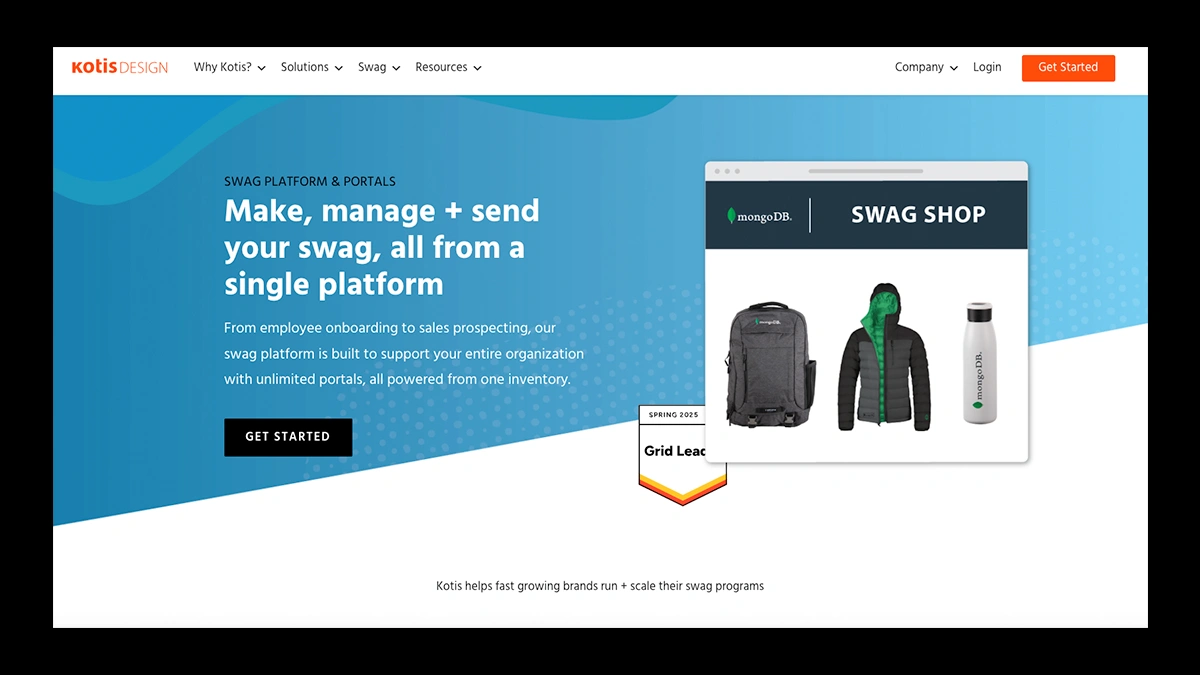
Kotis Design is built to help brands move beyond the “swag closet” model, giving companies a way to design, store, and ship branded gear from one streamlined system.
Everything starts with their in-house design team and production options, which range from on-demand printing to overseas manufacturing for larger runs.
From there, Kotis-run warehouses in Ohio and Utah handle storage, kitting, and fulfillment, so your gear is always organized and ready to ship.
The real magic happens in the software: companies can launch unlimited branded portals for employees, giveaways, pre-orders, or even retail-style stores, all tied back to the same centralized inventory.
Add advanced features like budget controls, approval workflows, SSO, SOC 2 security, and detailed reporting, and it’s clear why companies like Amazon, Zillow, and DigitalOcean trust Kotis to run their programs.
💰 Pricing
- Swag Only (Core): $500 minimum first order; pay for product + shipping.
- Standard (Warehousing + Fulfillment): ~$5k/quarter swag spend; $0 platform fee; 100 SKUs + 5 pallets; unlimited users and stores.
- Premium: ~$100k/year swag spend; $0 platform fee; 250 SKUs + 20 pallets; added services (security audits, dedicated 3-person team, creative pitches).
- Enterprise: ~$500k/year swag spend; $0 platform fee; 500 SKUs + 50 pallets; priority support and dev requests.
✅ Pros
- True all-in-one: design, production, warehousing, kitting, portals, and global shipping under one roof
- Unlimited branded portals (employee, giveaway, eCommerce, pre-order) tied to one centralized inventory
- In-house distribution centers with rate-shopping for lower costs and same-day turnaround
- Enterprise controls: SSO, SOC 2, budgets/approvals, granular reporting, and a robust API
- Built-in Shopify and Salesforce integrations; professional product photography included
❌ Cons
- Best value kicks in at higher quarterly/annual swag spend; not ideal for very small programs
- Creator-led features (memberships, digital content, fan tipping) aren’t the focus
- There is no open marketplace for organic traffic; sales come from your own audiences
- Catalog breadth favors corporate merch over hyper-niche POD novelty items
7. Apliiq
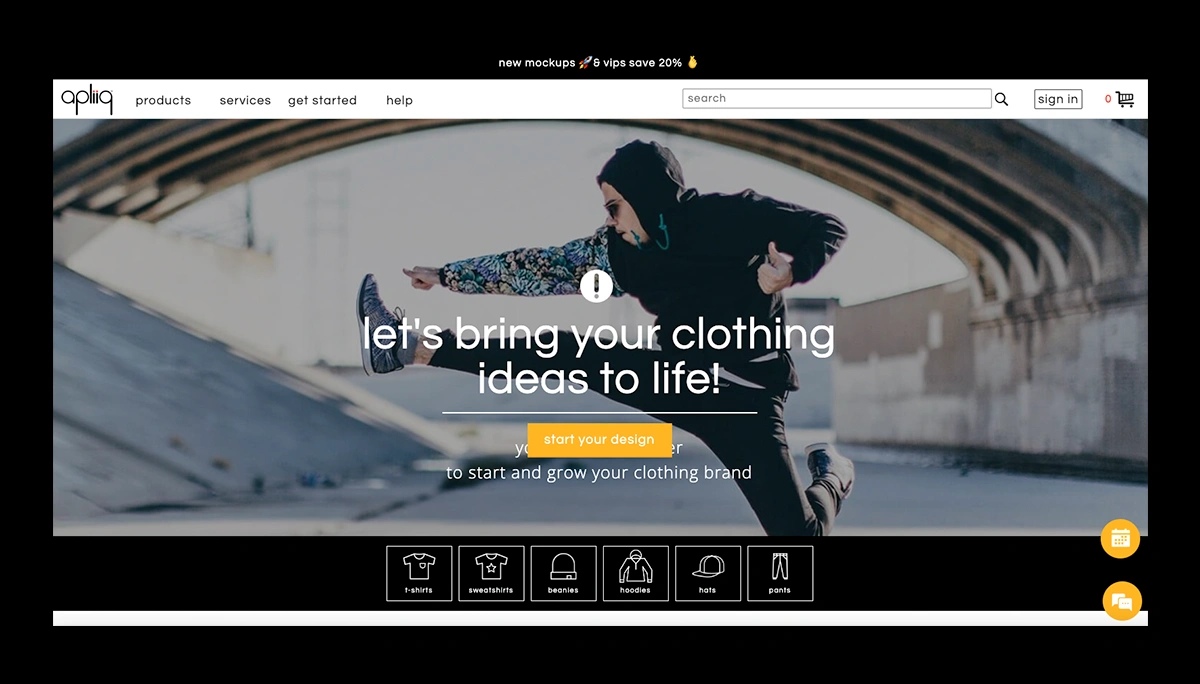
Building a fashion brand isn’t just about slapping a logo on a t-shirt; it’s about creating apparel that feels intentional, premium, and uniquely yours. That’s where Apliiq shines.
Unlike most POD platforms, Apliiq leans into private labeling with custom woven neck tags, embroidered patches, and branded packaging, giving your merch a retail-ready finish.
Their catalog focuses on streetwear staples, think heavyweight hoodies, joggers, hats, and flannels, designed to appeal to creators who want their clothing line to feel like a real fashion label, not just merch.
With U.S.-based production in Los Angeles, personalized support, and options for bulk discounts and warehousing, Apliiq empowers sellers to run limited drops, scale long-term, and build a recognizable brand identity from the ground up.
💰 Pricing
- Free to Use: $0/month – No subscription fees. Pay-per-order model.
- Base garment costs: $7–$30, depending on product.
- Branding upgrades (tags, embroidery, packaging) are priced individually.
- Shipping: from $5.49 U.S. / $7.95+ international. Free shipping on U.S. orders $100+.
✅ Pros
- True private label fulfillment with woven tags, embroidery, and custom packaging
- Premium catalog tailored for streetwear and fashion-forward brands
- U.S. production ensures faster oversight and quality control
- Discounts on samples so you can test products before launch
- Bulk discounts + warehousing support for scaling businesses
- Integrates with Shopify, WooCommerce, and Etsy
- Hands-on support team with branding expertise
❌ Cons
- Higher base costs compared to the budget POD platforms
- Longer turnaround times if branding features are added (7–10+ days)
- Limited integrations (no Amazon or Walmart support)
- Smaller product catalog than platforms like Printify or Printful
- Steeper learning curve for beginners unfamiliar with apparel branding
8. Merchize
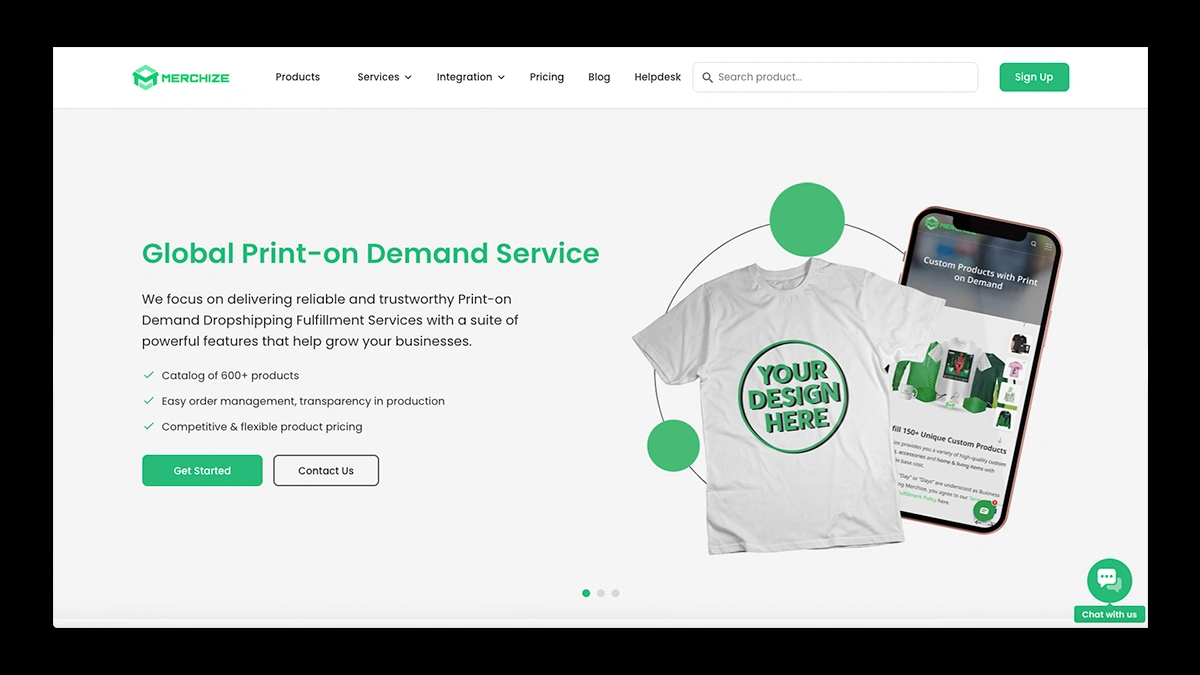
If you’re looking for a POD platform that blends affordability with serious scalability, Merchize deserves your attention.
With over 600+ customizable products and in-house manufacturing in Vietnam (plus fulfillment centers in the U.S., EU, UK, China, and Australia), Merchize helps sellers deliver fast, cost-effective orders worldwide.
The platform isn’t just about printing; it gives you a full eCommerce ecosystem: a storefront builder with SEO tools, cross-sell and up-sell systems, built-in mockup generation, and powerful APIs to manage products and orders at scale.
Merchize even offers branded packaging, FBA services, and TikTok Shop/Walmart fulfillment, making it one of the most versatile options for merchants who want both flexibility and growth potential.
💰 Pricing
- Fulfillment Plan (Lite Package): $0/month – Unlimited users, mockup generator, multichannel integrations, order tracking, no MOQ, API access.
- Storefront Plan (Platinum): $79/month per store – Up to 50k products, SEO optimization, payment integrations, up-sell/cross-sell tools, abandoned cart recovery, and advanced analytics.
- Storefront Plan (Diamond): $299/month per store – Up to 150k products, lower transaction fees (0.5%), premium features, and priority support.
✅ Pros
- Large product catalog (600+ items) with competitive base pricing
- In-house manufacturing for quality control + global fulfillment centers
- Branding options like labels, tags, and custom packaging
- Storefront builder with SEO, analytics, and marketing tools
- Integrations with Shopify, Etsy, Amazon, Walmart, TikTok Shop, WooCommerce, and more
- Free to use fulfillment model with no upfront costs
❌ Cons
- Storefront plans add recurring monthly costs
- Dashboard and setup may feel overwhelming for beginners
- Longer shipping times if relying heavily on Vietnam production
- Smaller selection of premium “fashion-forward” apparel compared to Apliiq or Printful
- Customer support quality can vary based on volume
9. Spreadshirt
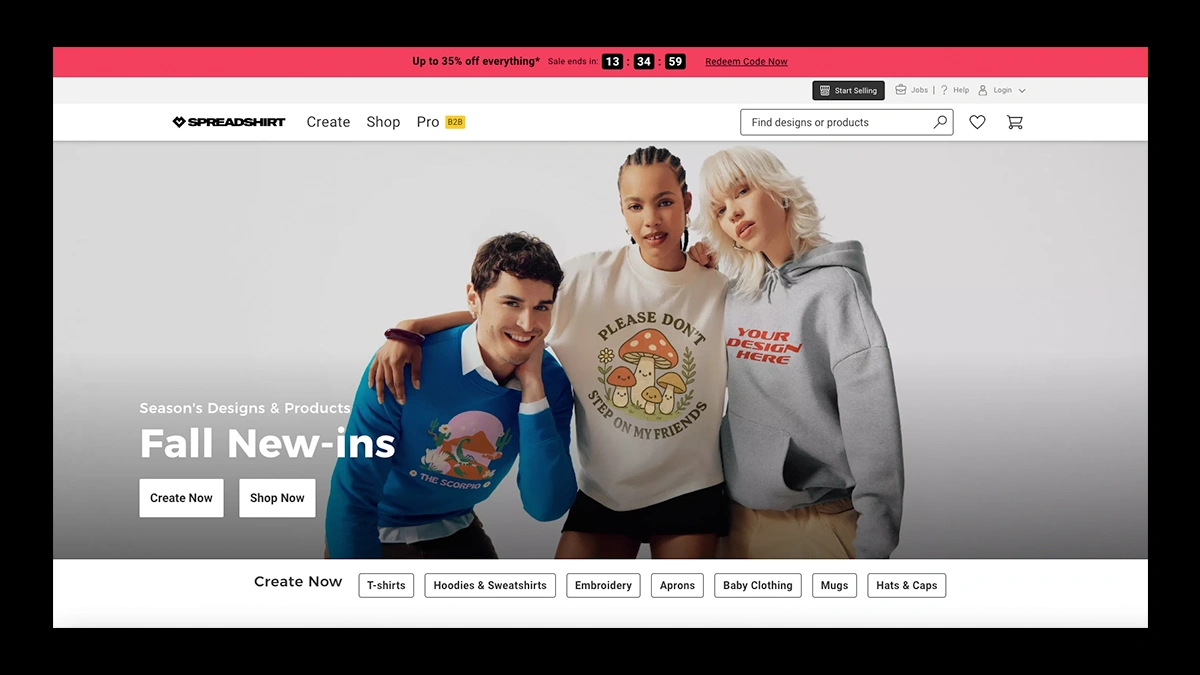
Spreadshirt makes it easy for creators to sell custom products their way, whether that’s through a personal Spreadshop, listing designs in its bustling marketplace, or plugging into platforms like Shopify and WooCommerce via SPOD.
With a catalog of over 250 custom products, you can branch out beyond basics into apparel, accessories, and home goods, all supported by five different print methods, including digital, embroidery, flex, flock, and special effects.
Its simple drag-and-drop design editor keeps the barrier to entry low, while its global fulfillment network handles the logistics so you don’t have to.
If you're looking for both flexibility and reach, Spreadshirt offers a versatile POD solution that goes beyond just one sales channel.
💰 Pricing
- Free to Use: $0/month – Pay only the base product cost + printing. Profit margins vary by channel.
✅ Pros
- No upfront costs; only pay per sale
- Multiple selling options: Spreadshop, Marketplace, and SPOD integrations
- Beginner-friendly editor with templates and drag-and-drop tools
- Integrates with Shopify, WooCommerce, and Squarespace via SPOD
- Global fulfillment across 18 countries with volume discounts
❌ Cons
- Marketplace sales are limited to 20% profit margin
- Print quality and color consistency can vary
- Less control over pricing compared to platforms like Printful
- Customer support is limited to weekdays
- Delivery times may run long in certain regions
10. Redbubble
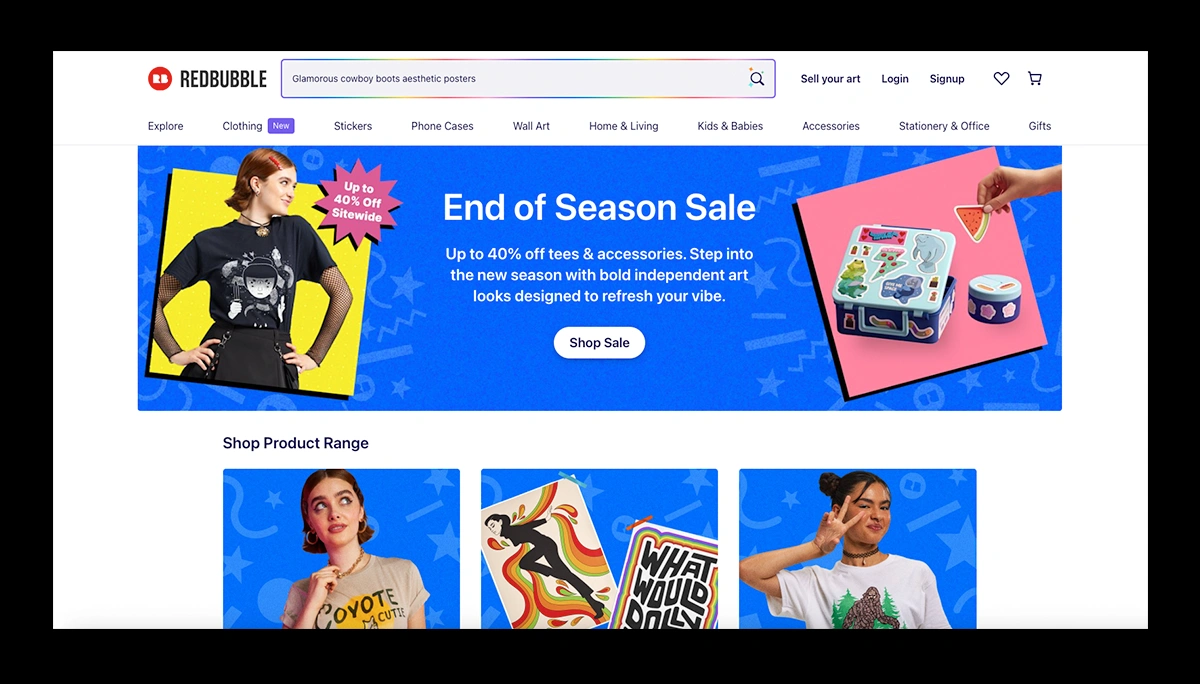
Redbubble is one of the easiest ways to monetize your art, giving creators a ready-made marketplace with millions of active shoppers.
All you need to do is upload your design and choose from 70+ customizable products, including apparel, stickers, wall art, and accessories, and the platform takes care of the printing, shipping, and customer service.
Redbubble's biggest advantage is its built-in traffic, which allows artists to earn without running ads or managing their own store.
However, the trade-off comes with its fee structure: the platform takes a significant cut through high markup fees, which can eat into your profits and make scaling more challenging.
For artists who prioritize exposure and passive income over full control and margins, it remains one of the most accessible POD platforms available.
💰 Pricing
- Free to Join: $0/month – Base cost set by Redbubble; creators add markup for profit.
- Standard Tier – 50% platform fee
- Premium Tier – 20% platform fee
- Excess Markup Fee if royalties exceed 20%
- Payouts via PayPal or direct deposit (minimum $20)
✅ Pros
- Massive built-in audience with global reach
- No upfront costs
- Redbubble handles production, shipping, and support
- Strong platform for fandoms, niche trends, and pop culture art
- An active, creative community that helps boost exposure
❌ Cons
- High platform fees reduce profit margins
- Limited catalog compared to Printify or Printful
- Print quality can vary by supplier
- Its oversaturated marketplace makes visibility a challenge
- No branding control, everything ships in Redbubble packaging
- Few tools for building long-term customer relationships
Wrapping Up
When choosing a print-on-demand platform, think less about hype and more about alignment.
Ask yourself: Does the catalog match the type of products you actually want to sell? Do the integrations fit with the way you run your business? Are the branding tools strong enough to help you stand out, or is it more of a plug-and-play model?
And don’t forget the extras, things like shipping times, packaging options, design tools, and customer support can make or break your experience.
In the end, the best POD partner isn’t just the one with the flashiest features; it’s the one that makes building and scaling your business feel seamless.
Ready to Do More Than Just Print?
Overall, Gelato is solid if all you need is fast shipping and eco-friendly production, but most creators want more than a print shop—they want a brand.
That’s where Fourthwall changes the game.
You get pro-level printing methods like DTG, embroidery, sublimation, and screen printing, plus a catalog of 360+ products that go way beyond the basics.
Pair that with a no-code storefront that actually looks and feels like your own site, and your merch stops being a side hustle and starts becoming a real business.
But the real difference? Fourthwall is built for creators first. Memberships, digital downloads, fan tipping, and native integrations with YouTube, TikTok, and Twitch come standard.
And if you’re ready to go even bigger, Fourthwall Pro unlocks extra perks like 0% fees on digital products, advanced analytics, monthly sample credits, and a free .store domain to make your brand look polished and professional.
👉 Don’t just settle for printing, build a business that grows with you. Join Fourthwall today and take your merch to the next level.
FAQ: Gelato Alternatives
Is Gelato or Fourthwall better for building an online store?
Gelato is a good choice if you need fast order fulfillment, eco-friendly production, and a clean interface, but it’s more of an online printing service than a full brand-builder.
Fourthwall, on the other hand, gives creators more control over their custom products, with a no-code storefront, digital downloads, fan tipping, and native integrations with eCommerce platforms like YouTube, TikTok, and Twitch.
If your goal is to scale beyond just selling products and actually grow a community, Fourthwall offers more long-term value.
Why should eCommerce businesses look for Gelato alternatives?
While Gelato has strengths like sustainability and global speed, it can feel restrictive for eCommerce businesses that need niche customization, advanced branding tools, or wider catalogs.
Alternatives like Gooten and Printify give sellers more flexibility with printing services and third-party providers, while Spreadshirt and Redbubble make it easier to reach customers through built-in marketplaces.
If your business expands, platforms like Merchize and Prodigi provide broader catalogs, bulk-friendly pricing, and customer service tailored for scaling brands.
What should I consider when choosing a Gelato alternative for print-on-demand?
When deciding on a Gelato alternative, consider the size of the custom products catalog, available printing services, and the level of control you’ll have over order fulfillment and branding.
Platforms like Printify and Gooten are ideal for variety and scalability, while Prodigi focuses on high-quality art prints, and Spreadshirt or Redbubble give you built-in marketplaces similar to selling on Etsy.
The best choice depends on whether you’re looking for passive income, advanced eCommerce tools, or a long-term online store you fully control.

